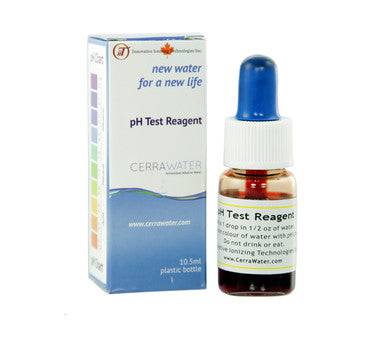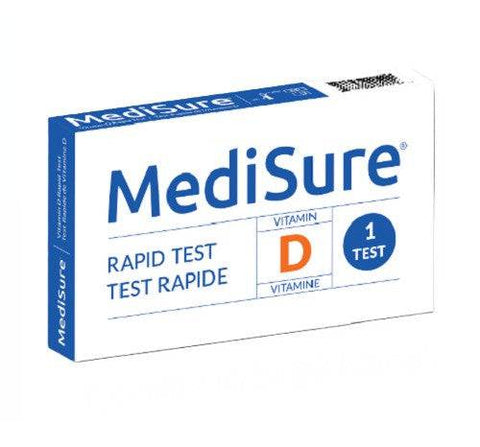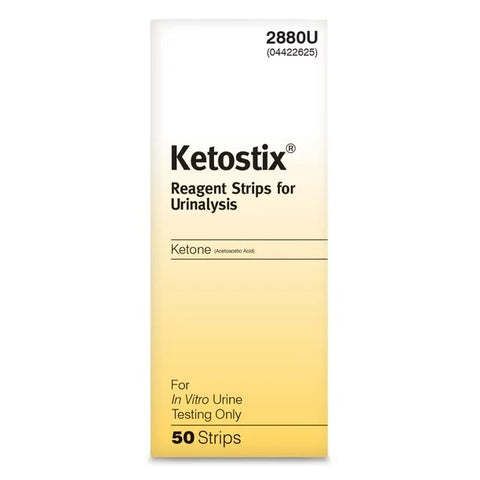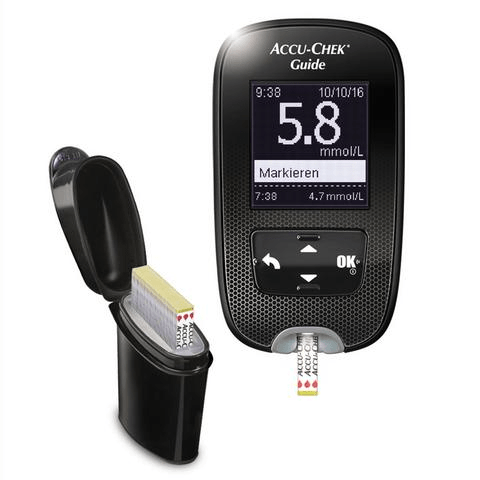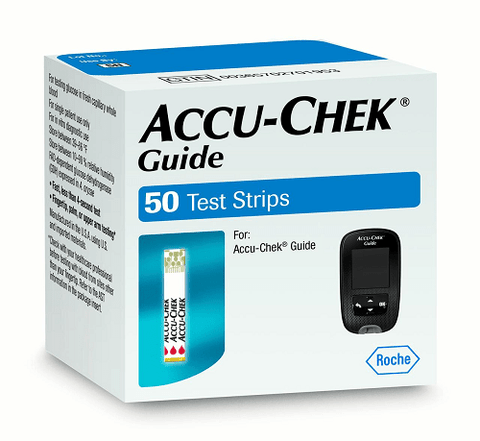Test kits are a powerful tool for identifying and analyzing a wide range of substances. Here's a breakdown of key terms to help you understand their capabilities:
Accuracy & Reliability: Accurate and reliable test kits deliver consistent, dependable results you can trust.
Sensitivity & Specificity: Sensitivity refers to the ability to detect even small amounts of a target substance. Specificity ensures the test only identifies the intended substance and avoids false positives.
Speed & Ease of Use: Quick turnaround times and user-friendly protocols make test kits ideal for various applications.
Portability & Versatility: Portable test kits are convenient for on-site testing, while versatile ones offer the ability to perform multiple tests with a single kit.
Automation & Data Analysis: Advanced features like automation streamline testing processes, and data storage and connectivity allow for easier result interpretation and sharing.
Types of Results:
- Quantitative: These kits provide numerical measurements, like the concentration of a particular substance.
- Qualitative: These kits indicate the presence or absence of a target substance, often with a simple "yes" or "no" answer.
Other Considerations:
Calibration: Regular calibration ensures consistent performance and accurate readings.
Data Storage & Connectivity: Storing test results for future reference or sharing with healthcare professionals can be valuable.
Disposable vs. Reusable: Choose disposable kits for convenience or reusable ones for cost-effectiveness, depending on your needs.
Durability & Compatibility: Durability ensures the test kit lasts through multiple uses, while compatibility guarantees it works effectively with your intended sample type.
By understanding these features, you can select the ideal test kit for your specific testing needs!




